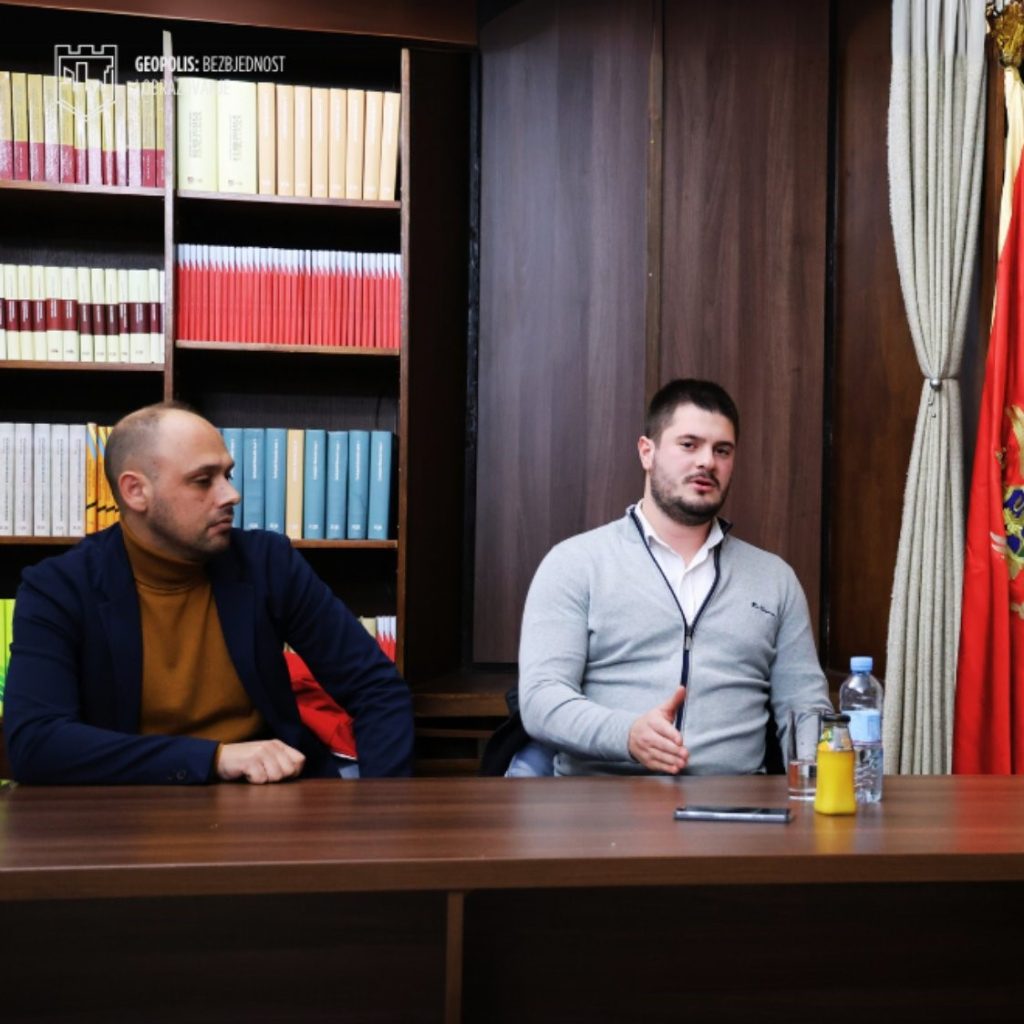A panel discussion titled “Foreign Influence in Montenegro and the Western Balkans Region” was held this evening. The event was organized as part of the project Geopolis: Security and Education, with the aim of raising awareness about the presence of foreign influence and its impact on the political and social dynamics of the region.
The Digital Forensic Center (DFC) presented the results of its analyses, highlighting the hybrid and malign influence of Serbia, Russia, and China in Montenegro and the broader Western Balkans region. The focus was on the mechanisms through which these influences are exerted, as well as the security challenges associated with these processes.


Marko Banović and Draško Jabučanin, Analysts at the Digital Forensic Center
Special attention was given to the roles of foreign actors in shaping the political environment, as well as to technological aspects—most notably the process of establishing a 5G network in Montenegro. The importance of caution and security measures in implementing foreign-origin technologies was emphasized, especially in the context of Montenegro’s NATO membership.
The need for stronger institutional responses and broader social mobilization was also highlighted, with the aim of countering malign foreign influences and protecting democratic processes.
As part of the Geopolis project, organizers stated that a strategy and recommendations are planned to strengthen Montenegro’s defense against unwanted foreign influences, relying on existing security capacities and tools within the NATO alliance.
The project Geopolis: Security and Education is implemented by the Faculty of Montenegrin Language and Literature, the Cultural Center of the Royal Capital of Cetinje, WBN: Regional Forum for Democracy, Reconciliation and Strategic Analyses, and the Montenegrin PEN Center.


